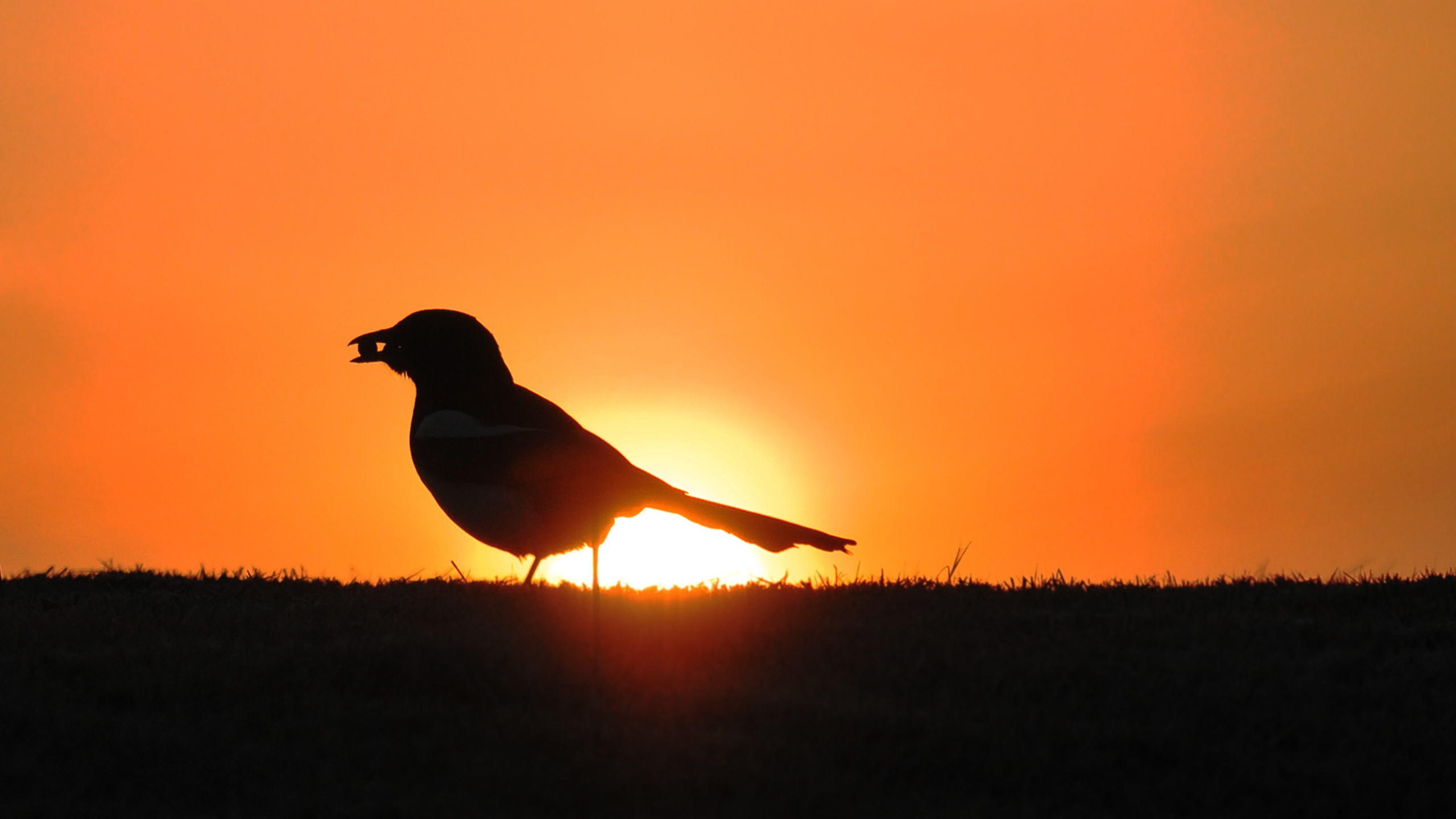Cracking the Chronotype Code:
Are You an Early Bird or a Night Owl?

We don't all wake up the same way.
Some of us rise with the sun, and greet the new day with a cheerful grin as a rooster crows in the distance.
Others would prefer to avoid the sunlight peeking into their room- hiding under the covers once more (all while dreaming of turning that pest of a rooster into lunch instead).
But what determines who gets the early bird gene, and who prefers being a night owl? Well, that would be a something known as chronotypes! To start with- let us define what chronotypes are.





The term Chronotype stems from the combination of the words:
- Chrono, which means time related (from the Greek Khronos or Time), and
- Type, which refers to categories or grouping.
Put together, chronotype refers to a person’s natural preference to specific times when they prefer to rest, and when they are most alert or energetic.
This has nothing to do with how much sleep you get. Instead, most chronotypes are determined by individual genetics and circadian rhythyms (i.e. your sleep-wake pattern over a 24 hour period)- with most people normally being split into the categories of early bird and night owl.
"Wake up early and tackle the day before it tackles you."
― Evan Carmichael
Early Birds are (as indicated by the name) morning people. These are the folks who leap out of bed at the crack of dawn, ready to seize the day!
Early birds are normally more active during the day-that’s when they feel the most on top of things, and get the bulk of their tasks done. Their ability to cope with mornings also makes it easier to thrive in traditionally corporate environments, which tend to be structured around a fixed 9-5 system; the ability to function well in the early morning hours is considered an asset.



Another trait is that most early birds tend to have a lower risk of health issues. A 2019 study revealed that a genetic predisposition to waking up early could be associated with a lower risk of mental health issues.
This, along with the fact that they get more movement and activity in their day thanks to an early start, could also be because early birds have the chance to get more (or adequate) sleep. As a result of their early start however, they tend to wind down much earlier in the day (with some experiencing daytime fatigue around early evening).
“If the early bird gets the worm, then what does the early worm get?”
― James Thomas Kesterson Jr
Night Owls are birds of a completely different flock altogether.
These are the people who hit the snooze button on their alarm multiple times before hauling themselves out of bed- but who have no trouble staying up and working late into the night! Alternatively, they might be tired and/or cranky when they first wake up, become more and more active as the day progresses, getting a second wind closer towards the evening.
Night owls are also described as being more creative- studies have shown that those in the night owl category often have more mental stamina. (The peace and quiet of night time could also be a contributing factor to why so many individuals find it easier to conduct creative work then!)




Their predisposition for night time can prove a challenge though.
Most night owls may find it difficult to conform to the standard work hours of most corporate jobs- which traditionally operate from morning to evening.
Night owls may also be more susceptible to health issues such as obesity or heart issues, as well as sleep disorders such as interrupted sleep and (in some cases) insomnia.
Before deciding if you’re an early bird, a night owl, (or just a permanently exhausted pigeon), keep in mind that categorisations such as ‘early bird’ and ‘night owl’ are considered among the most basic of distinctions when it comes to chronotypes- and that there’s not “right” or “wrong” category to be in.

What matters at the end of the day is that YOU make sure that you get the rest you need, and take the necessary steps to care for your own health.
Related Topics:
Education